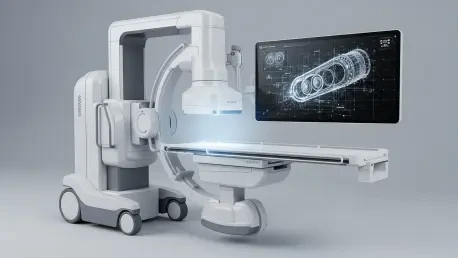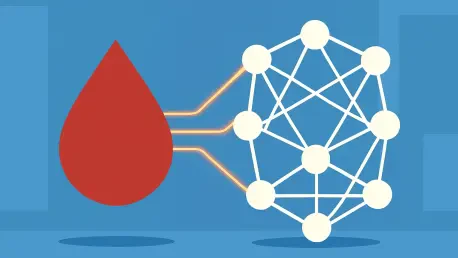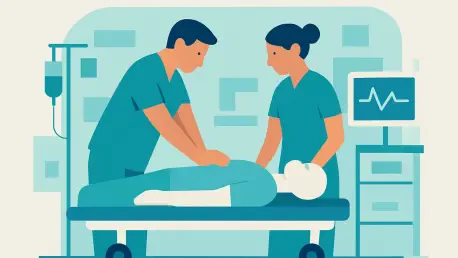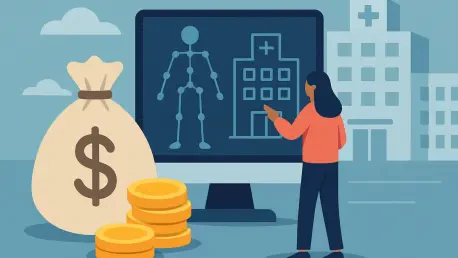
A therapeutic candidate conceived entirely by artificial intelligence has received a pivotal green light from the U.S. Food and Drug Administration (FDA) to begin human trials, signaling a potential paradigm shift in the protracted battle against Parkinson's Disease. Insilico Medicine, a

The ability to peer inside the human body in real-time, observing the dynamic motion of organs and guiding surgical instruments with unparalleled precision, has transformed from a futuristic concept into a daily clinical reality. This capability is the domain of fluoroscopy, an imaging technique

The silent progression of prediabetes into a life-altering diagnosis of type 2 diabetes may soon be intercepted by a groundbreaking blood test powered by artificial intelligence. Recent research has unveiled a novel method that combines AI with molecular medicine to analyze blood for specific

The chaotic, high-stakes environment of an emergency room, where split-second decisions and precise physical actions determine patient outcomes, has long represented one of the final frontiers for advanced artificial intelligence and robotics. For these technologies to learn and assist, they must

The intricate molecular machinery that underpins all life has become a canvas for artificial intelligence, leading to a new era where biological catalysts can be designed from the ground up for specific human needs. A collaborative team from Graz University of Technology and the University of Graz

The intricate web of interconnected medical devices and patient data systems that forms the backbone of modern healthcare is also its greatest vulnerability, creating a vast attack surface for cybercriminals. The healthcare sector has become a prime target, where a single breach can disrupt